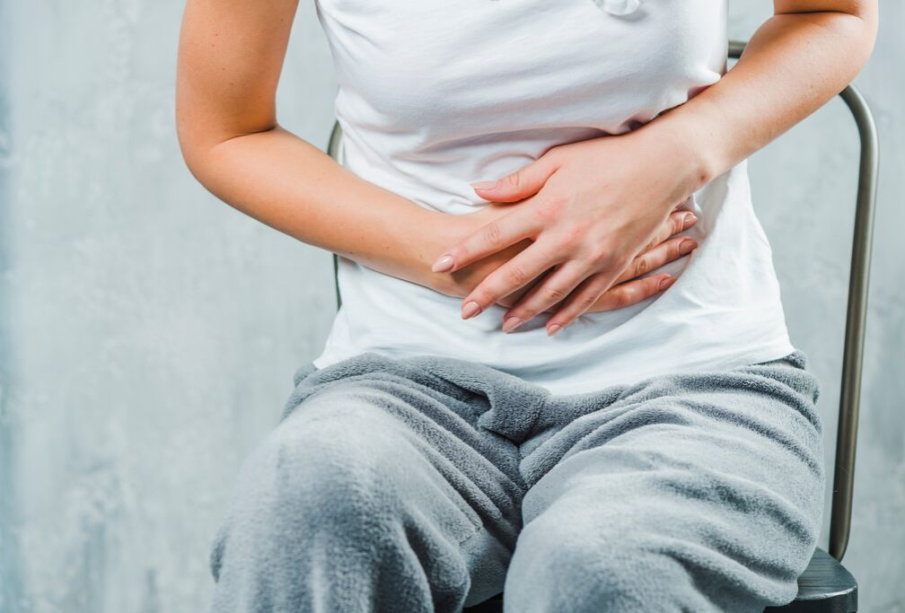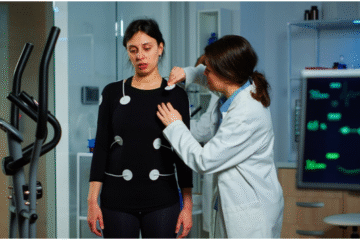What are the different types of Gastrointestinal diseases?

Gastrointestinal diseases affect our digestive system, including our oesophagus, stomach and intestines. The origin of these diseases can be for chemical, biological or psychological reasons.
- Chemical origins are those caused by consuming food in poor condition, causing intoxication, or having also consumed some type of poison that leads to poisoning.
- Biological origin is caused by parasites, bacteria or viruses, which can be acquired by consuming contaminated food.
- Psychological origin is generally caused by stress.
In other cases, they may be consequences or adverse effects of the misuse of certain medications.
We cannot rule out that an inadequate diet and a lack of a correct dietary routine can cause gastrointestinal problems.
The most common symptoms are usually diarrhoea or muscular stomach pains. Diarrhoea can lead to dehydration and, if left untreated, can cause other complications. Similarly, it can manifest itself through vomiting, nausea, fever, constipation or constipation.
Some gastrointestinal diseases can be:
1. Gastritis:
Inflammation of the stomach lining.
2. Colitis:
Swelling of the large intestine can be due to various causes such as viral disease, inflammatory disorders or previous radiation of the large intestine, among others.
3. Dyspepsia:
Digestive disorders characterised by pain in the upper abdomen and a feeling of fullness.
4. Constipation:
It is difficult to evacuate. It can be due to stress problems or a poor diet
5. Esophagitis:
Inflammation, swelling, or irritation of the oesophagus.
6. Gastroenteritis:
Inflammation of the inner membrane of the intestine caused by parasites, bacteria, viruses or some anti-inflammatory drugs.
7. Amebiasis:
Infection of the liver, kidney or brain caused by amoeba.
8. Parasitosis:
Caused by parasites such as tapeworms, Giardia or intestinal worms.
9. Cholera:
Acute infection caused by a bacillus called Vibrio Cholerae, characterised by profuse diarrhoea and vomiting.
10. Diverticula:
Appearance of abnormal sacs in the intestinal wall that, when filled with food or faecal matter, can cause serious infections.
Some of the recommendations to avoid acquiring gastrointestinal diseases:
- Do not eat at stalls in the streets. Health entities also provide indications.
- In addition to washing your hands before eating and after going to the bathroom.
- Wash and disinfect fruits and vegetables well before eating them
- Eat on time and foods prepared or cooked correctly.
- Avoid drinking non-potable water.
Although these are the most common recommendations to avoid suffering from gastrointestinal diseases, we often neglect our health by not giving importance to the signs or discomforts that occur to us. For this reason, it is recommended to keep in mind to avoid risks or complications.
Self-medication when we feel stomach pain is also widespread. But, although these do not have an immediate negative impact, in the long run, they can cause us to become dependent on them and lose their effectiveness.
Because of how delicate these diseases can be if they are not treated on time, you must visit your doctor to rule out any problematic situation. The doctor is the one who can provide the necessary help or treatment for these conditions.
Leave a reply
You must be logged in to post a comment.











